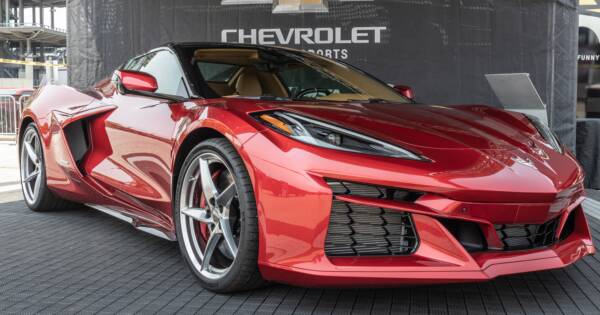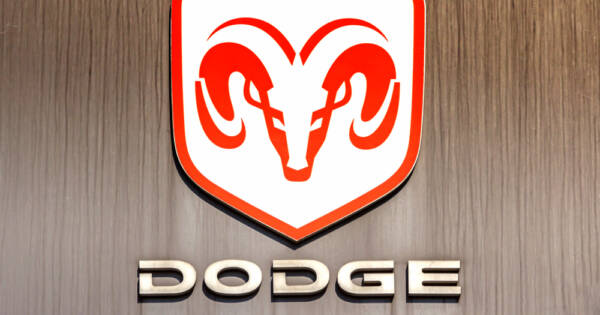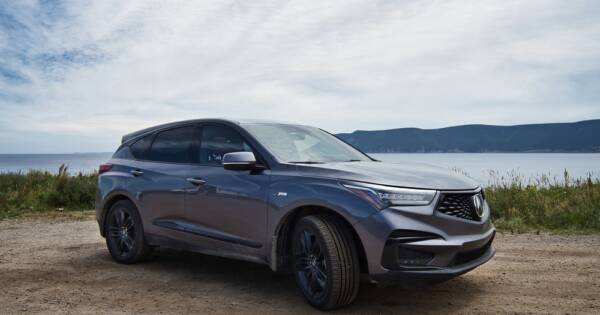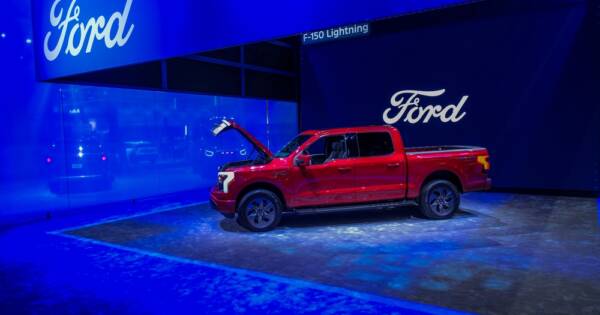SUVs and crossovers have a similar appearance, and many people use the terms interchangeably when talking about larger vehicles that can handle light off-road use. There are some important differences in how the vehicles are built, however, and knowing key differences can help you select the right vehicle for your needs. Understand the advantages and disadvantages of crossovers and SUVs, as well as the questions you should ask yourself when picking out the best vehicle for your driving habits.
What Is an SUV?
An SUV is a Sport Utility Vehicle. These vehicles are incredibly versatile, being able to carry or tow similar loads to a small truck but almost as agile as a car. SUVs can be used off-road, too, making them popular with people who enjoy camping and those who live in rural areas.
Most SUVs have a four-wheel drive (4WD) drivetrain, although some newer SUVs do have all-wheel drive (AWD) drivetrains. The 4WD capability of SUVs makes them particularly popular for off-road use, since users can switch 4WD on and off as required, and the traction is spread evenly across all four wheels.
What Is a Crossover?
Crossovers look a lot like SUVs, but the way they’re made is different. SUVs have their body built onto a ladder frame, while crossovers use a unibody construction. This may seem like a small difference, but for those who need true toughness off-road, it’s a major change.
Crossovers are incredibly lightweight yet still offer plenty of storage space and carrying capacity. The lighter weight of a crossover means it will usually also offer more fuel economy than a standard SUV. For someone who is not going to be driving in difficult conditions, crossovers may be a good choice.
Compact SUVs vs. Crossovers
Compact SUVs (and subcompact SUVs) are a type of crossover. There’s no standard definition for these categories, so different manufacturers will use different names. The main difference is the size. The Hyundai Santa Fe is an example of a crossover SUV with its large size and unibody construction, for example.
Meanwhile, the Hyundai Kona is an example of a compact SUV. These vehicles offer an interesting balance between practicality and ease of handling, offering better fuel efficiency than a full-size SUV or crossover, but still offering safety that many motorists find comforting in challenging or bad weather conditions.
SUV Advantages and Disadvantages
A traditional SUV can be a good choice for someone who is looking for something bigger than a hatchback or a standard car, but it’s important to remember that SUVs are designed with a clear use in mind. They’re rugged, spacious and have high towing capacity, making them ideal for people who enjoy an outdoor lifestyle or who live in a rural area.
Those same strengths can be a weakness for city driving, however, where the powerful engines and large size can quickly become a hindrance on smaller streets with stop-start traffic.
Advantages of an SUV
The main advantages of an SUV are:
- Towing ability: An SUV can tow up to 10,000 pounds, thanks to its powerful engine and truck-like body-on-frame design.
- Capacity: The large body means an SUV has room for numerous passengers and whatever equipment you need at the same time, and many have folding seats to increase the carrying capacity.
- Handling: The 4WD drivetrain means SUVs are great for off-road use. High ground clearance improves visibility and handling on uneven or difficult terrain.
- Durability: The truck-like body-on-frame design is strong, rugged and durable, so SUVs can withstand treatment that would ruin more traditional cars or compacts.
Disadvantages of an SUV
The disadvantages of an SUV tend to be most visible if you’re driving in a city. They include:
- Large and wide body: Even a relatively small SUV for the category can be about 78 inches wide and 197 inches long. This means they’re difficult to get through tight spaces and can be tricky to park.
- Poor fuel economy: The heavy weight and bulky design of an SUV mean that they’re not particularly aerodynamic and they consume a lot of fuel, even compared to subcompacts.
- High running costs: The increased fuel consumption of an SUV isn’t the only thing that contributes to running costs. SUVs require more expensive tires and can go through more oil too.
The Benefits and Drawbacks of Crossovers
Crossovers, by comparison to SUVs, are smaller and lighter, while still offering some of the same benefits. This makes them a good compromise for someone who wants to be able to tow a trailer occasionally and drive on country roads or in the mountains.
The issue with crossovers is that they’re smaller than SUVs and the unibody design is less rugged. So, as with any compromise, you end up with something that’s decent in multiple areas but that does not excel in any one thing. For this reason, think carefully before buying a crossover, especially if you plan on doing a lot of off-road driving.
Advantages of Crossovers
The main advantages of a crossover are:
- Increased carrying capacity compared to cars: If you’re going to transport a lot of sports equipment, outdoor or baby gear, or luggage, a crossover will give you more carrying space than a standard sedan.
- Increased towing capacity compared to cars: A crossover can tow around 6,000 pounds of weight, which is less than a full-size SUV but still enough for a trailer or a small caravan.
- Competent off-roading: The increased ride height and AWD capability of many crossovers means they can be used off-road in moderate conditions.
- Better fuel economy: A crossover usually offers better fuel economy than a bigger, heavier SUV.
Disadvantages of Crossovers
A crossover aims to be a jack-of-all-trades, and this means they do end up sacrificing performance in some areas:
- Crossovers are less durable: The unibody construction of a crossover means that if you’re in a collision or roll the vehicle, it will be more expensive to repair. Most crossovers have crumple zones that will absorb any impact and keep the ride safe. This is certainly a good thing from a safety point of view, but it does mean any damage will be extensive and expensive.
- Crossovers can’t handle extremely tough conditions: Most crossovers are less powerful and offer poorer traction than their SUV counterparts. You’ll fare better taking a crossover off-road than you would a standard sedan, but in most cases, an SUV will outperform both in this area.
Which Is Right for You?
For the average family, a crossover or a subcompact would be a better choice than a full-size SUV. They’re more affordable, easier to move around in cities, and less expensive to run than an SUV. Those who spend most of their time in adverse conditions or who need to routinely tow very large and heavy loads would benefit from an SUV. A reliable SUV is a good choice for someone who spends time driving in mud, snow or sand. For city use and country roads, however, a crossover would be up to the job and far less expensive to run.
Buying Used vs. New
As with any other type of vehicle, crossovers and SUVs depreciate rapidly in the first few years of ownership. If you’re looking for an affordable vehicle for off-road use, it may make sense to buy a used SUV or crossover that’s just a couple of years old. This gives you the chance to own something that’s still in good condition and has most modern features.
When you buy used, someone else has already faced the worst of the depreciation for you, and if you look after your crossover or SUV while you own it, it could retain value for when you decide to sell it.
Finding the Right Daily Driver
Owning an SUV can be a lot of fun. However, you’ll need to think about your daily driving habits. Will you be able to park the SUV when you do the school run? What about navigating city streets? What’s your average annual mileage, and will you be happy with the fuel economy of whatever you decide to buy?
Your daily driver should be something that makes sense for the kind of driving you usually do. Remember, you can always rent something for those weekends away!




